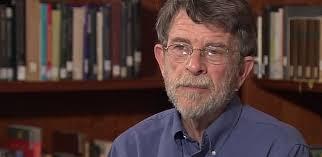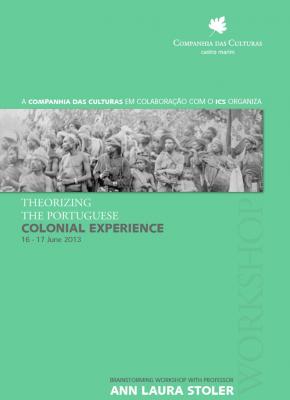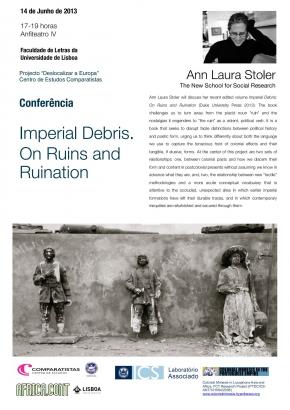ics
Posts com a etiqueta ics
Arquivo
Autor
- administrador
- adrianabarbosa
- Alícia Gaspar
- arimildesoares
- camillediard
- candela
- catarinasanto
- claudiar
- cristinasalvador
- franciscabagulho
- guilhermecartaxo
- herminiobovino
- joanapereira
- joanapires
- keitamayanda
- luisestevao
- mariadias
- marialuz
- mariana
- marianapinho
- mariapicarra
- mariaprata
- martacacador
- martalanca
- martamestre
- nadinesiegert
- Nélida Brito
- NilzangelaSouza
- otavioraposo
- raul f. curvelo
- ritadamasio
- samirapereira
- Victor Hugo Lopes
Data
- Fevereiro 2026
- Janeiro 2026
- Dezembro 2025
- Novembro 2025
- Outubro 2025
- Setembro 2025
- Agosto 2025
- Julho 2025
- Junho 2025
- Maio 2025
- Abril 2025
- Março 2025
Etiquetas
- #espetaculo #Alkantara #Gio Lourenço #Kuduro #dança
- academics
- Africa Hoje
- álbuns de guerra
- Artivismo
- Cameroun
- cba
- cimeira
- Complô
- cultura cabo-verdiana
- divulgação
- emiliano dantas
- Espaço de risco
- Israel Campos
- Licínio de Azevedo
- Narrativa Gráfica
- relectures contemporaines
- transatlantic trade of enslaved people
- Umbigo do Mundo
- vítor ramalho
Mais lidos
- Ateliê Mutamba, Luanda
- METEORIZAÇÕES, Filipa César et al
- Palestras na Nova FCSH
- ESTREIA DE OURO NEGRO
- "Colonialismo vs. Descolonização", de Maria Clara Anacleto e Raquel Ascensão
- Nós Estamos Contigo na Casa
- Set-up: Podcast sobre dança contemporânea portuguesa anuncia terceira temporada
- A língua portuguesa em Angola
- Visitas Participadas | Coletivo Tributo aos Ancestrais PT | janeiro a junho 2026



 Ann Laura Stoler will discuss her recent edited volume Imperial Debris: On Ruins and Ruination (Duke University Press 2013). The book challenges us to turn away from the placid noun “ruin” and the nostalgias it engenders to “the ruin” as a violent, political verb. It is a book that seeks to disrupt facile distinctions between political history and poetic form, urging us to think differently about both the language we use to capture the tenacious hold of colonial effects and their tangible, if elusive, forms. At the center of this project are two sets of relationships: one, between colonial pasts and how we discern their form and content in postcolonial presents without assuming we know in advance what they are, and, two, the relationship between new “tactile” methodologies and a more acute conceptual vocabulary that is attentive to the occluded, unexpected sites in which earlier imperial formations have left their durable traces, and in which contemporary inequities are refurbished and secured through them.
Ann Laura Stoler will discuss her recent edited volume Imperial Debris: On Ruins and Ruination (Duke University Press 2013). The book challenges us to turn away from the placid noun “ruin” and the nostalgias it engenders to “the ruin” as a violent, political verb. It is a book that seeks to disrupt facile distinctions between political history and poetic form, urging us to think differently about both the language we use to capture the tenacious hold of colonial effects and their tangible, if elusive, forms. At the center of this project are two sets of relationships: one, between colonial pasts and how we discern their form and content in postcolonial presents without assuming we know in advance what they are, and, two, the relationship between new “tactile” methodologies and a more acute conceptual vocabulary that is attentive to the occluded, unexpected sites in which earlier imperial formations have left their durable traces, and in which contemporary inequities are refurbished and secured through them.